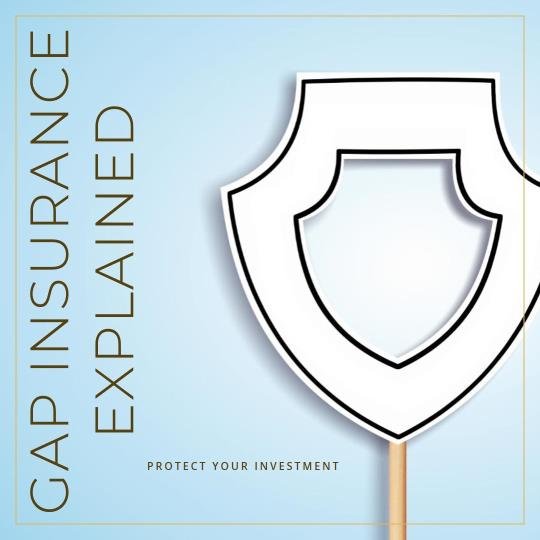When purchasing a new vehicle, many buyers are introduced to a financial product known as gap insurance. This coverage can be essential for protecting your investment in the event of an accident or theft. In this comprehensive guide, we will delve into the specifics of gap insurance, its benefits, and answer some frequently asked questions to help you make an informed decision.
Gap Insurance
Gap insurance, or Guaranteed Asset Protection insurance, is a type of auto insurance coverage that pays the difference between the amount you owe on your car loan and the car’s actual cash value (ACV) in the event of a total loss. This insurance is particularly beneficial for those who finance or lease their vehicles, as it prevents them from being financially burdened with a substantial amount of money if their car is totaled or stolen.
How Does Gap Insurance Work?
When you drive a new car off the lot, its value depreciates significantly. In fact, vehicles can lose up to 20% of their value within the first year. If your car is involved in an accident or stolen, your regular auto insurance policy will only cover the ACV of the vehicle at the time of the loss. This amount may be significantly lower than what you still owe on your loan or lease. Here’s where gap insurance comes into play. It covers the “gap” between the car’s depreciated value and the remaining balance on your loan or lease.
For example, if you owe $20,000 on your car loan and the car’s ACV at the time of the accident is $15,000, your regular insurance will cover $15,000, and gap insurance will cover the remaining $5,000.
Who Needs Gap Insurance?
Gap insurance is not necessary for everyone, but it can be particularly beneficial in the following situations:
- High Loan-to-Value Ratio: If you financed most or all of your car’s purchase price, you may owe more than the car is worth, especially in the first few years.
- Leasing a Vehicle: Many lease agreements require gap insurance because leased vehicles often have higher depreciation rates.
- High Depreciation Vehicles: Some cars depreciate faster than others. If you own such a vehicle, gap insurance can protect you from significant financial loss.
Benefits of Gap Insurance
The primary benefit of gap insurance is financial protection. Here are some detailed advantages:
1. Peace of Mind
Knowing that you are protected against substantial financial loss in the event of an accident or theft provides peace of mind. You won’t have to worry about owing money on a car that you can no longer drive.
2. Financial Security
Gap insurance ensures that you won’t be left paying off a loan for a car that is no longer drivable. This can be particularly important if you have a long loan term or put down a small down payment.
3. Lease Protection
If you are leasing a car, gap insurance can prevent you from being liable for the remaining payments on the lease if the car is totaled or stolen.
How to Purchase Gap Insurance
Gap insurance can be purchased through various channels, including:
- Auto Dealerships: Many dealerships offer gap insurance when you buy a car. However, this can be more expensive than other options.
- Auto Insurance Companies: Most major auto insurance providers offer gap insurance as an add-on to your existing policy.
- Finance Companies: Some lenders offer gap insurance as part of the loan package.
FAQS:
Is Gap Insurance Required?
Gap insurance is not legally required, but it may be mandated by your lender or leasing company.
How Much Does Gap Insurance Cost?
The cost of gap insurance varies based on factors such as the car’s value, loan amount, and your insurer. On average, it can cost between $20 to $40 per year when added to your auto insurance policy.
Can I Cancel Gap Insurance?
Yes, you can cancel gap insurance. If you pay for it upfront through a dealership, you may be eligible for a refund of the unused portion. If it’s added to your auto insurance policy, you can cancel it at any time.
How Long Should I Keep Gap Insurance?
You should keep gap insurance until the amount you owe on your loan is less than the car’s ACV. Once the loan balance is lower, gap insurance is no longer necessary.
Does Gap Insurance Cover Deductibles?
Gap insurance typically does not cover deductibles. You will still be responsible for paying your deductible in the event of a claim.
Is Gap Insurance Worth It?
Whether gap insurance is worth it depends on your financial situation and the terms of your loan or lease. If you are at risk of owing more than your car’s value, it can be a worthwhile investment.
Conclusion
Gap insurance provides essential financial protection for car owners who have financed or leased their vehicles. By covering the difference between the car’s value and the remaining loan balance, it ensures you are not left with a significant financial burden in the event of a total loss. Carefully consider your financial situation and the specifics of your loan or lease to determine if gap insurance is right for you.
